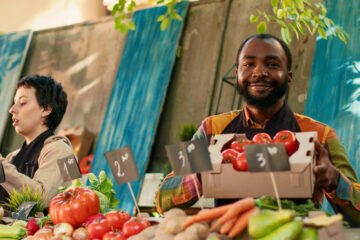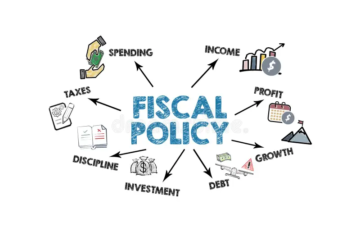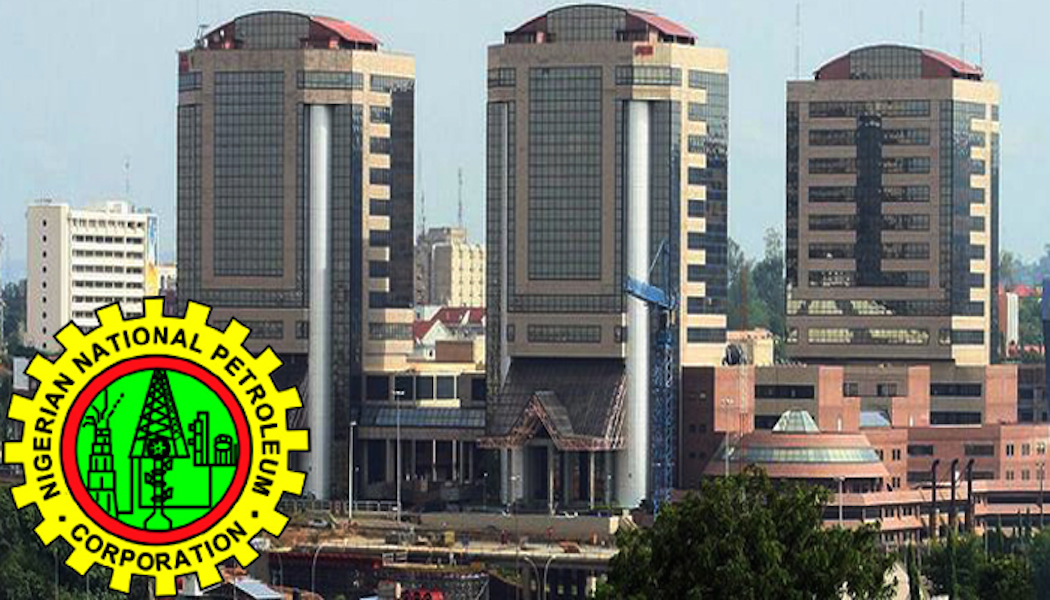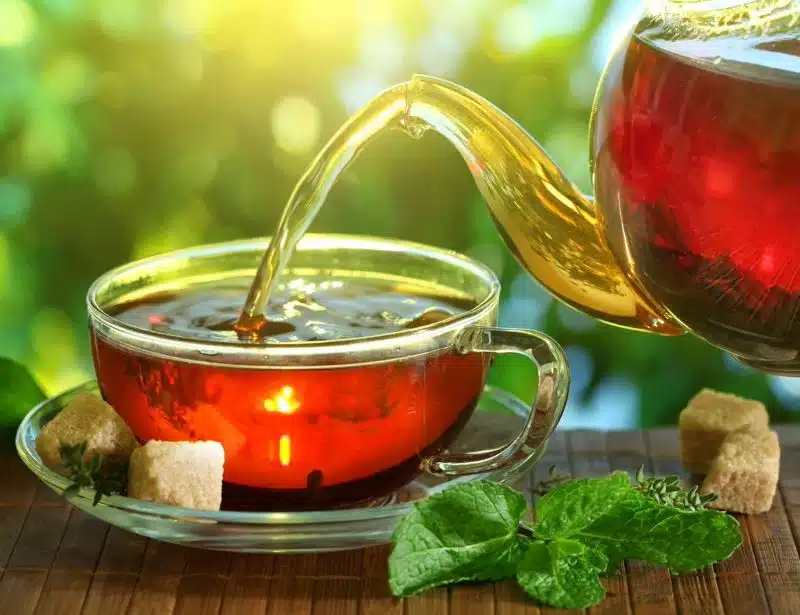
Recycling is an essential practice to conserve our planet’s resources and reduce waste. By recycling, we can minimize the amount of trash sent to landfills, decrease pollution, and save energy. In this post, we will explore ten common products that can be recycled and how the recycling process works for each.
- Paper and Cardboard
Paper and cardboard are among the most commonly recycled materials. They are processed separately due to their different compositions. During recycling, paper/cardboard is mixed with water to create a pulp. The pulp is then cleaned, de-inked, and screened to remove any impurities. After this, the pulp is pressed, dried, and rolled into new sheets of paper or cardboard. - Glass
Glass recycling begins with the collection and sorting of different glass types based on their color. The glass is then crushed into small pieces called a cullet. The cullet is heated in a furnace, melted, and then shaped into new glass containers or other products. - Aluminum Cans Recycling
Aluminum cans are a highly efficient process. The cans are first crushed and baled before being transported to a recycling facility. There, they are shredded, melted, and turned into new aluminum sheets or products. - Plastic Bottles
Plastic bottles are typically made from PET (polyethylene terephthalate) or HDPE (high-density polyethylene). These plastics are collected, sorted, and washed to remove any contaminants. The plastic is then shredded, melted, and reformed into new products such as plastic lumber or new bottles. - Steel Cans
Recycling steel cans involves compacting them and transporting them to a steel mill. The cans are then melted in a furnace, with the molten steel being poured into molds to create new steel products. - Electronic Waste
Electronic waste, or e-waste, includes items such as computers, phones, and televisions. These items are taken apart to separate valuable metals (e.g., copper, gold, and silver) and recyclable materials. These materials are then processed and used in the production of new electronics. - Batteries
Batteries, including lead-acid, lithium-ion, and nickel-based batteries, can be recycled. The recycling process involves breaking the batteries down into their individual components, such as lead, plastic, and acid. These components are then recycled separately and used to produce new batteries or other products. - Ink Cartridges
Ink cartridges can be refilled or recycled. When recycling ink cartridges, the plastic casing is separated from the residual ink. The plastic is then shredded, washed, and melted to create new plastic products, while the ink is cleaned and used in the production of new ink cartridges. - Textiles
Textiles, including clothing, can be recycled by sorting them based on their material type. The textiles are then cleaned, shredded, and either spun into new yarn or used as stuffing for products like mattresses and insulation. - Tires
Recycling tires involves shredding them into small pieces called crumb rubber. The crumb rubber can then be used in various applications, such as playground surfaces, rubberized asphalt, and even new tires.
In conclusion, recycling is a vital process that helps us make the most of our resources and protect the environment. By being mindful of the products we use and ensuring they are disposed of correctly, we can contribute to a more sustainable future.



















I blog frequently and I truly thank you for your information. This great article has really peaked my interest. I will bookmark your website and keep checking for new information about once per week. I subscribed to your Feed too.
Thank you so much.. We’ll keep improving.